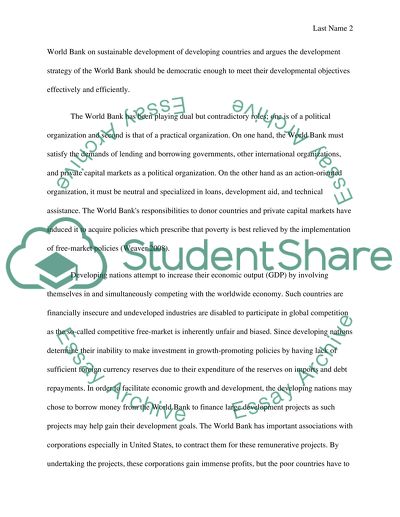Cite this document
(Negative Impacts of Undemocratic Development Term Paper, n.d.)
Negative Impacts of Undemocratic Development Term Paper. https://studentshare.org/politics/1439007-democracy-and-development
Negative Impacts of Undemocratic Development Term Paper. https://studentshare.org/politics/1439007-democracy-and-development
(Negative Impacts of Undemocratic Development Term Paper)
Negative Impacts of Undemocratic Development Term Paper. https://studentshare.org/politics/1439007-democracy-and-development.
Negative Impacts of Undemocratic Development Term Paper. https://studentshare.org/politics/1439007-democracy-and-development.
“Negative Impacts of Undemocratic Development Term Paper”. https://studentshare.org/politics/1439007-democracy-and-development.


